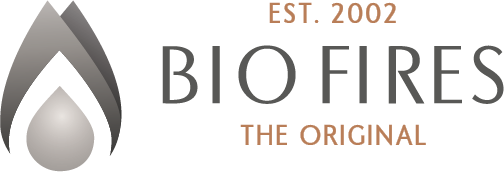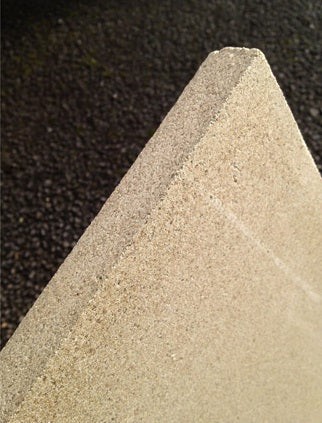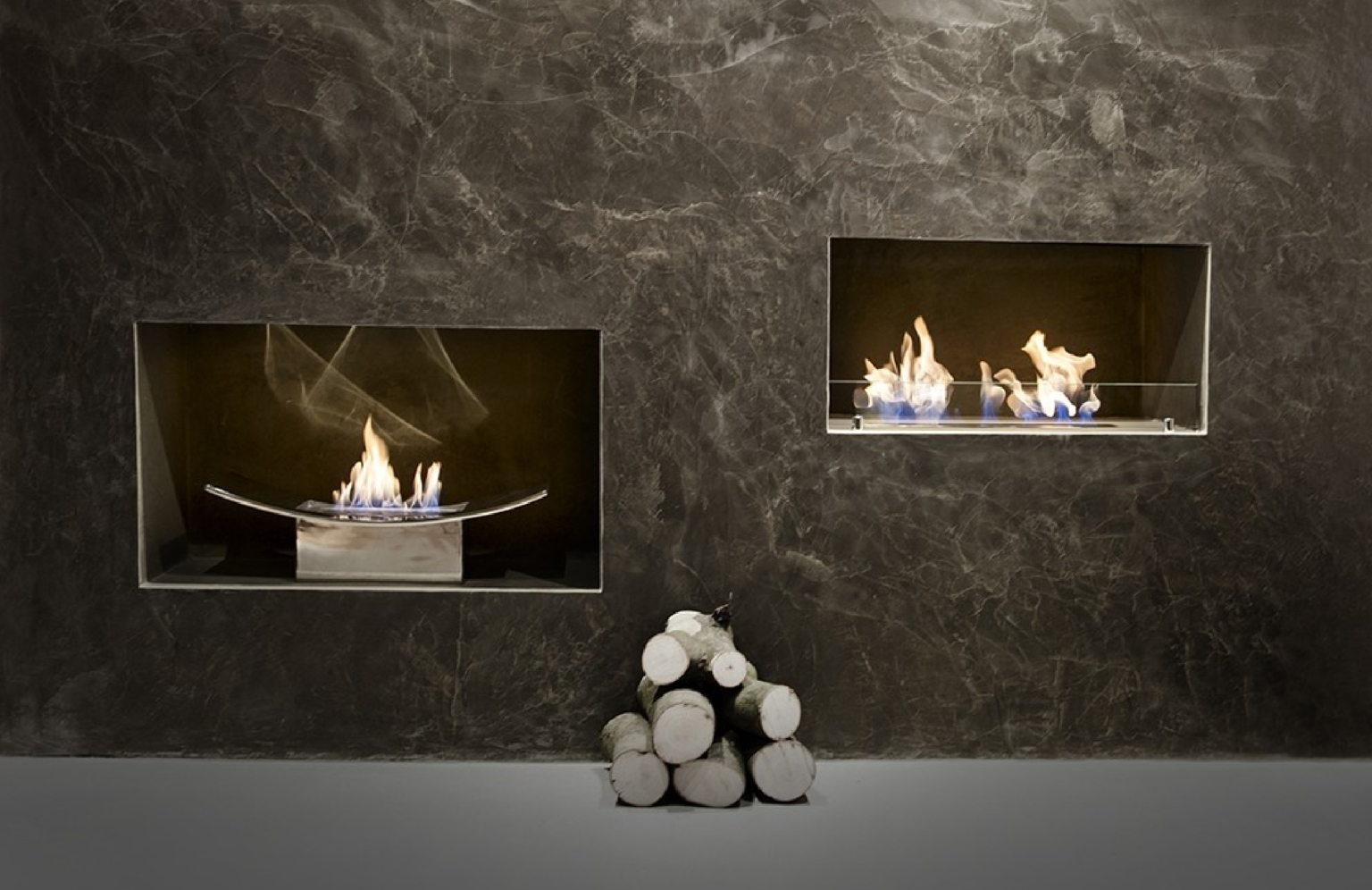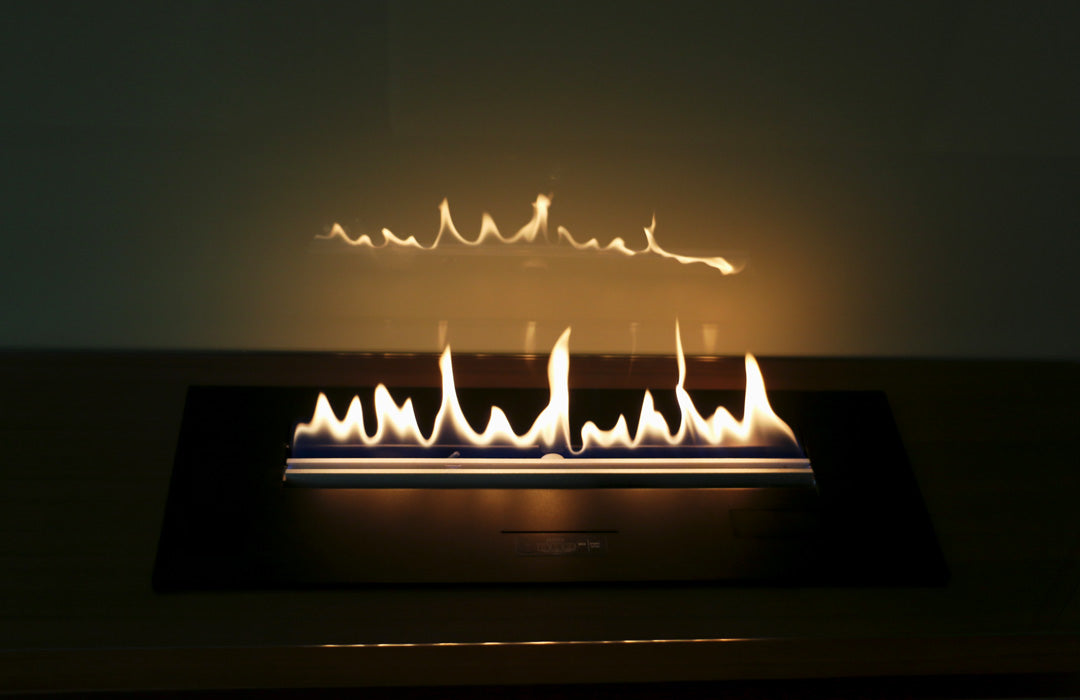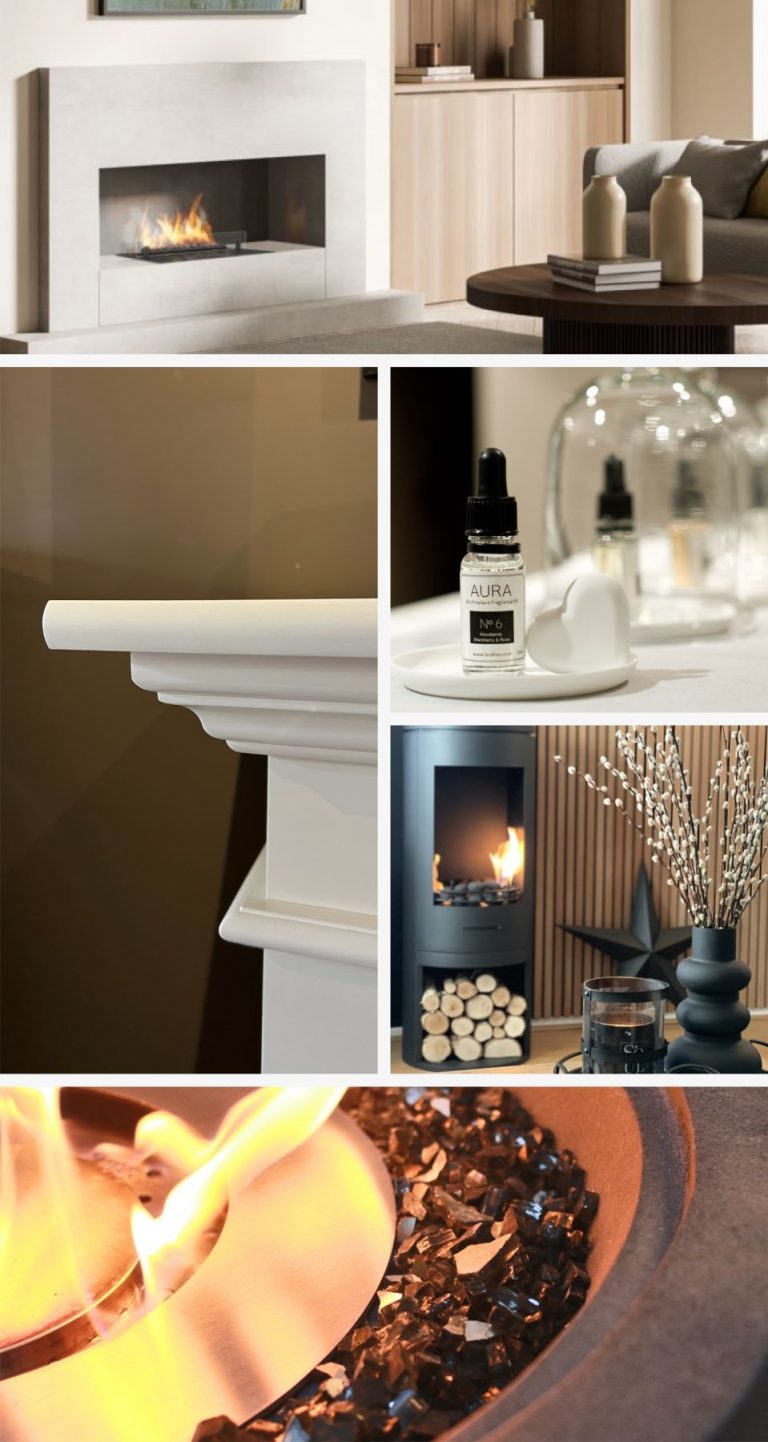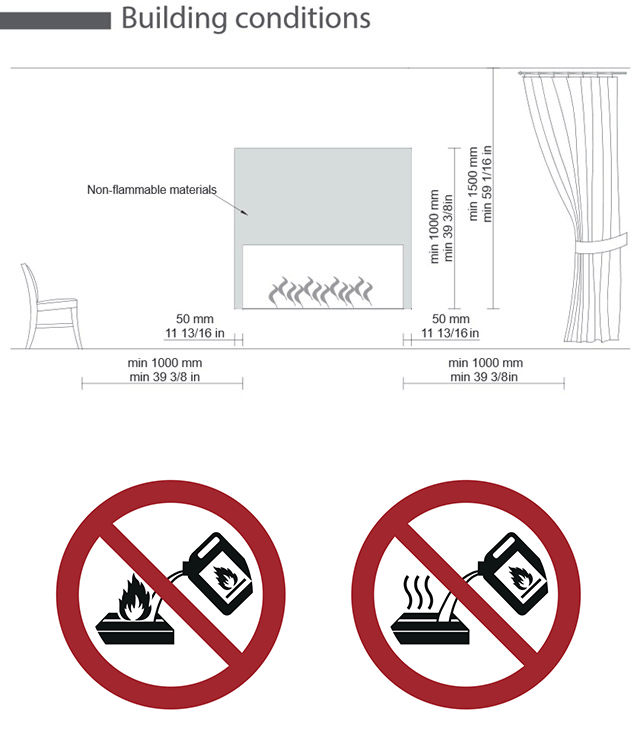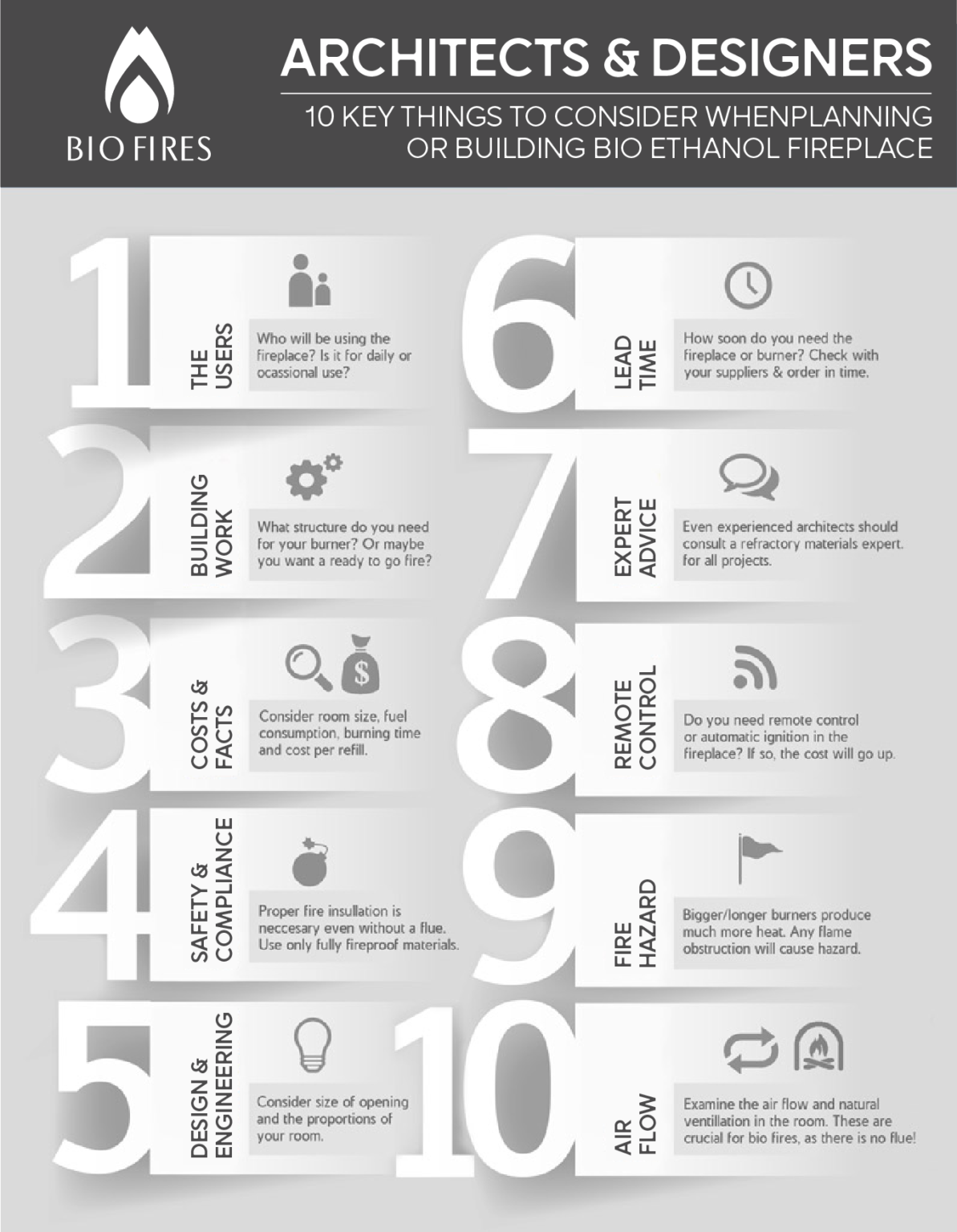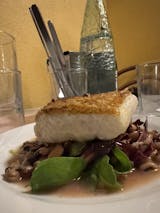Very pleased with the immediate heat without installation delays, mess, inconvenience and additional costs… a marvellous piece of technology 👊
great solution for converting a fireplace - looks fantastic - prompt service and delivery
absolutely gorgeous and well-chosen set of logs, which easily fills a cylinder stove. my only reason for not giving 5 stars is that the colours don’t match ‘real’ wood stored at the bottom, which makes the difference between the two slightly more obvious. perhaps one very large log to place at the front might help the illusion of a real log fire?
Absolutely love it, gives off so much heat and looks amazing
